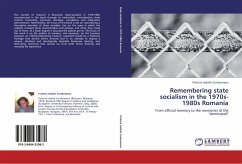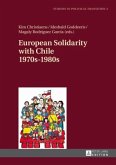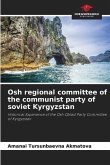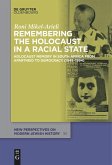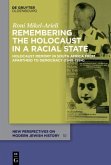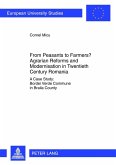The context of research is Romanian state-socialism in 1970-1980, reconstructed in this book through its nationalism, centralisation, state control, censorship, economic shortage, surveillance and emigration phenomenon. Nevertheless, the focus of this book is not on reproducing a descriptive narrative of these variables, but on the ways in which the subjects received these characteristics and policies, and what they made out of them. To a lesser degree it discusses the policies per-se. The focus of this work is on the politics of memory, and moreover, on the tensions between an official-institutional memory, sustained heavily by a historical heritage that denied ethnic diversity and in an attempt to impose a unique, idealised and ideologically desirable Romanian identity, and alternative memories that spread up from both ethnic diversity and everyday life experience.
Bitte wählen Sie Ihr Anliegen aus.
Rechnungen
Retourenschein anfordern
Bestellstatus
Storno

